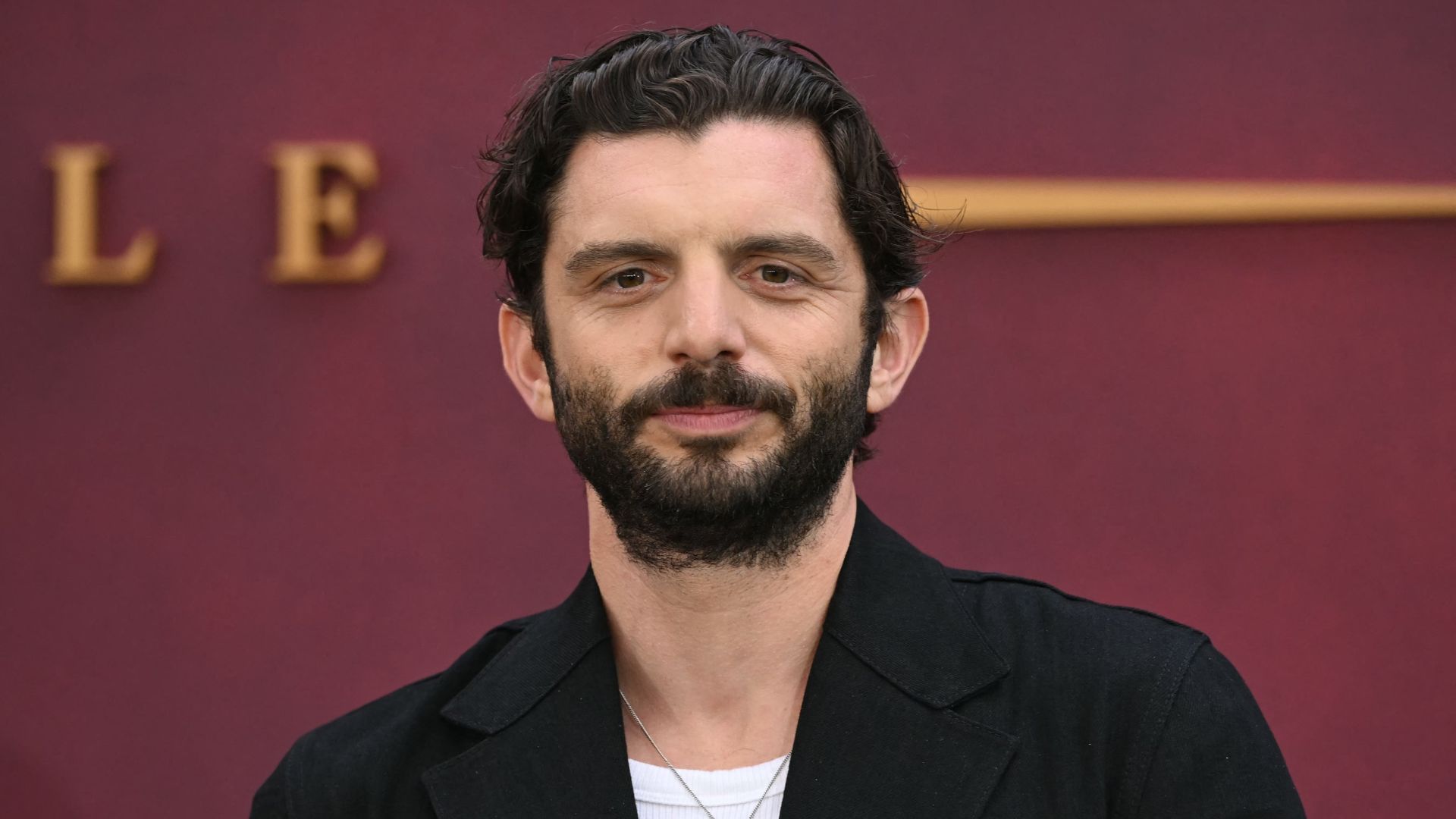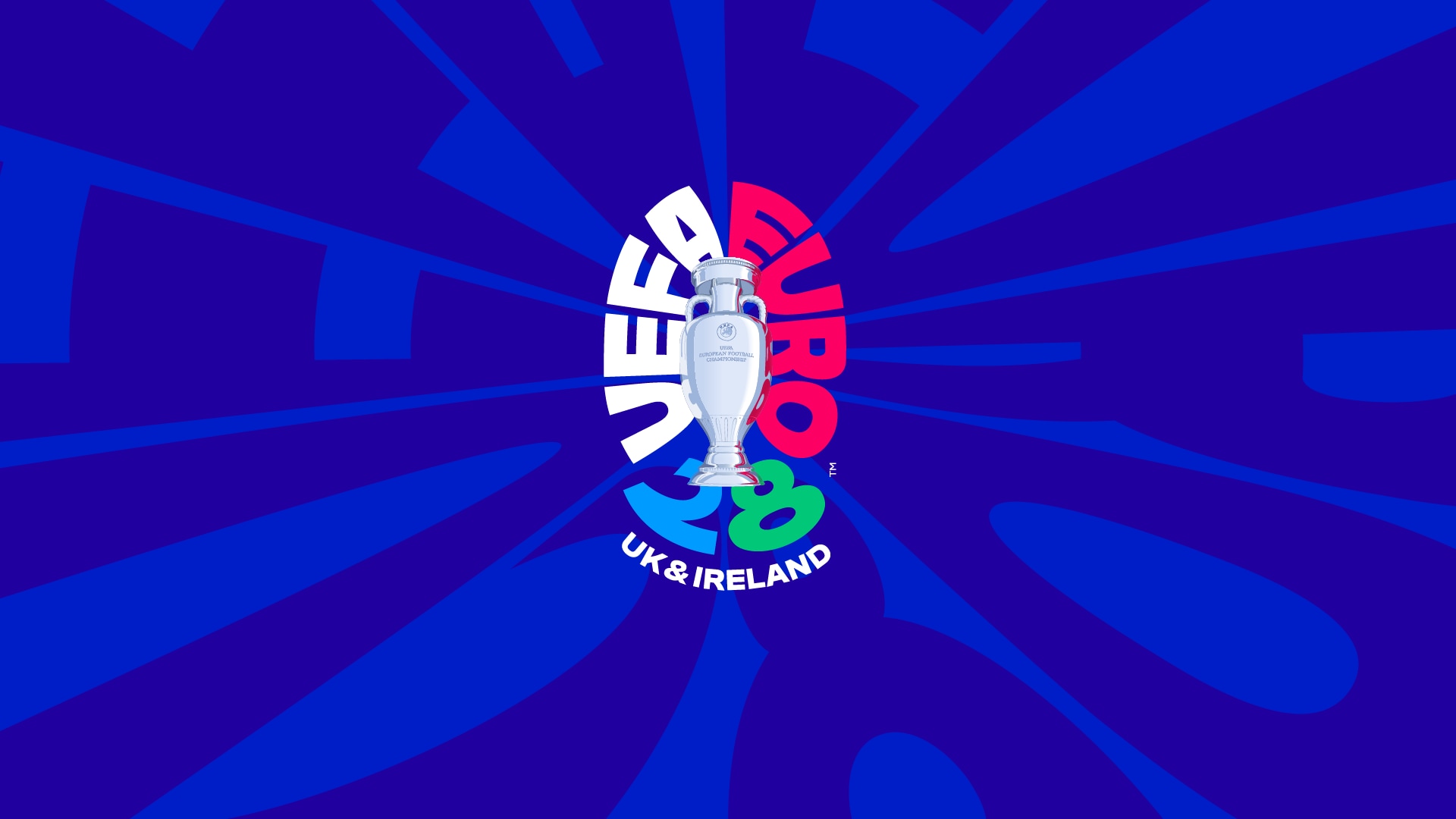
Getting drunk in the day is a strange thing. Sometimes you get really pissed on basically no alcohol whatsoever; other times, you can get through four pints and it’s like you’ve had absolutely nothing to drink at all. Add to that all the additional circumstantial factors – how much you’ve had to eat, whether you’re sat in the sun or not, how many hours you spread your boozy breakfast/brunch/lunch over – and it’s hard to know whether you’re coming or going.
And even scientists don’t really know why being day-drunk and being night-drunk is so different.
Speaking to Science of Us, Drexel University professor of nutrition sciences Nyree Dardarian said it was “hazy”.
Alcohol is metabolised at the same rate whatever time we drink, Dardarian says, so what time we drink shouldn’t, in theory, make an impact on how drunk we are. Other studies on the subject give conflicting data – some say we’re more sensitive to alcohol in the evenings, others the exact opposite. There may also be a link to our circadian rhythms (basically our body clocks), but again evidence is mixed. In one study, for example, drunk students performed significantly worse in a test than sober students during the day – during the evening, there was no difference in performance.
It seems like it might be all those other factors that make a bigger difference. In one study, some drunk students were exposed to stressors such as having to watch graphic eye-surgery videos (not the ideal drunk activity, really) and others were not – and those exposed to stressors “were shown to reach peak blood-alcohol content more quickly”. This suggests that stress can also have an impact.
Food is also part of the problem. “Somebody who’s drinking bottomless mimosas might sit there longer and eat more,” for example. How much you eat can be a huge factor – “Food in your stomach will delay gastric emptying, which will make the alcohol take longer to get into the blood system,” says Dardarian.
“Would I suggest eating carbohydrates before drinking large volumes of alcohol? Yes, I would, but I would also probably suggest not drinking large volumes of alcohol.”
Get exclusive shortlists, celebrity interviews and the best deals on the products you care about, straight to your inbox.
She suggests eating carbohydrates before drinking large volumes of alcohol, but also suggests “not drinking large volumes of alcohol” – pretty sound advice that you’re going to totally ignore this weekend. Cheers!

